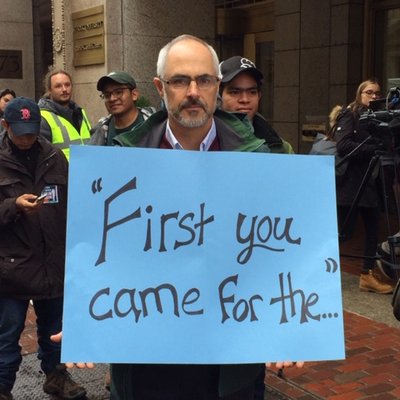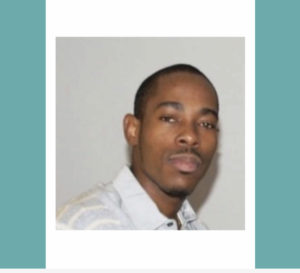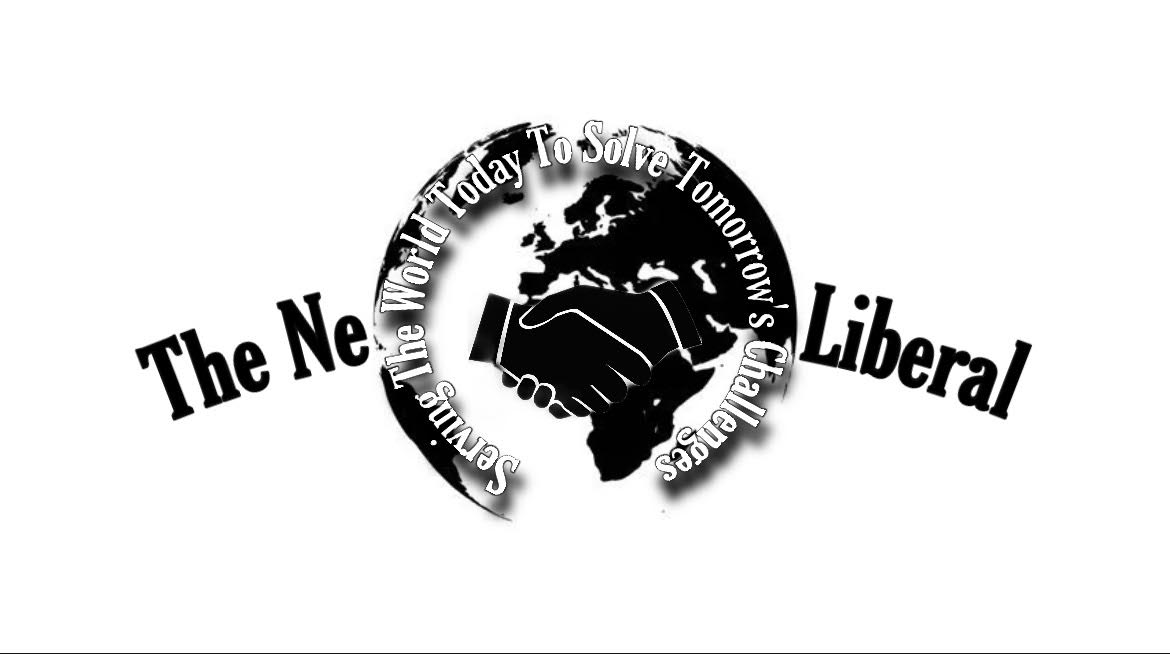
BUREAU DES AVOCATS INTERNATIONAUX 3, 2ème rue Lavaud B.P. 19048 Port-au-Prince,Haiti Tel : +5092943-2106/ 07Email: [email protected] November 4, 2022Dr. Carla Natalie Barnett Secretary-General Caribbean CommunityRe: Proposed International Intervention in HaitiDear Dr. Barnett:We are writing you in relation to the armed international intervention in Haiti that has been requested by Dr. Ariel Henry, the de facto Prime Minister of Haiti, and supported by the United States and Canada, to explain that any support for the intervention by the Caribbean Community (CARICOM) would violate CARICOM’s democratic principles, betray Haitians’ centuries-long struggle for democracy and sovereignty, and implicate CARICOM in attacks against civilians exercising their basic human rights. Ever since the intervention was proposed, Haitians have taken to the streets by the tens of thousands to oppose it. We have issued statements, spoken out in the media, and done anything else we could to let the world know that the intervention is designed to prop up the unconstitutional, corrupt and repressive de facto government and stifle legitimate dissent. De facto Prime Minister Henry ascended to his post not through any Haitian procedure, but through an announcement by the US-led Core Group. He had been nominated by President Jovenel Moïse of the Parti Haitienne Tet Kale party (PHTK), whose mandate had expired five months previously. The PHTK has not run an election that was either fair or timely in the decade it has maintained power. Haiti’s Parliament became inoperative in January 2020, and the terms of all local elected officials ended in July of that year. Haiti’s Supreme Court has lacked enough members to constitute a quorum since March. This situation constitutes a sharp departure from the right to a fair and open democratic system guaranteed by Article VI of the CARICOM Charter of Civil Society. PHTK governance has been demonstrably brutal. In April, 2021, the Haitian Observatory for Crimes Against Humanity and Harvard Law School issued a report establishing that gangs and government officials collaborated on deadly attacks against neighborhoods suspected of harboring political dissidents and voters opposed to PHTK. During the current wave of protests, the police have arrested dozens of dissidents engaged in legal protest activities and shot at legal demonstrations. Journalists have been shot, and killed. This repression constitutes severe violations of rights guaranteed by Articles IV (Right to Life, Liberty and Security of the Person), VII (Meetings Demonstrations and Petitions) and VIII (Freedom of Information and Access of Information) of the Charter of Civil Society. Throughout the PHTK’s rule, the powerful members of the international community have refrained from criticizing the government’s human rights record. In an exception that proves the rule, in early 2018, the UN Special Representative of the Secretary-General in Haiti, Susan Page, issued a press release diplomatically urging the PHTK government to pursue notorious cases involving police massacres and public corruption. When President Moïse complained, Ambassador Page was removed from her position, with no public support from the UN or other member of the international community. At the same time, the same powerful members of the international community have provided substantial diplomatic and financial support to the PHTK government. Haitians are confident that the proposed intervention is an extension of this support, designed to protect the government against the massive protests calling for the departure of the PHTK and a return to democratic order. Haitians are well aware that the most recent international armed intervention tasked with addressing gang violence in Haiti, MINUSTAH, was a deadly, expensive failure. MINUSTAH spent $9 billion US over thirteen years, and left Haiti less democratic than when it arrived. MINUSTAH soldiers, under pressure from the United States, hunted down suspected gang members–young men in poor neighborhoods—and shot them, sometimes killing women and children nearby. The executions did temporarily reduce crime, but undermined the rule of law and set the stage for today’s spectacular rebound of gang violence. MINUSTAH further eroded the rule of law by illegally arresting dissidents and providing backup for lethal police raids against political opponents. The United Nations also insulted Haitian people, caused enormous suffering and death and trampled on the rule of law by dumping cholera-laden sewage in our rivers and refusing to comply with its legal obligations to repair the damage caused. Six years ago the UN Human Rights expert Philip Alston declared that the UN response “goes directly against the principles of accountability, transparency and the rule of law that the UN itself promotes globally.” The organization’s continued flouting of its legal obligations today deprives it of any moral standing to promote the rule of law in Haiti. The documented unacceptable practices of the Haitian police under PHTK leadership and of UN troops under MINUSTAH lead us to conclude that the proposed armed intervention will be involved in suppression of legal public advocacy activities and the summary execution of young men and boys in poor neighborhoods. We would be deeply saddened to see our brothers and sisters in CARICOM come here to shoot, massacre and arbitrarily arrest protestors and prop up a repressive government at the behest of powerful countries that obtained their status through the Atlantic Slave Trade. But Haitians have been fighting for liberty ever since we launched our revolution that generated the first Black Republic. We will continue to fight with every means we have. Our sadness at a betrayal by our CARICOM brothers and sisters, who benefitted so much from our struggle, would not reduce our determination to defend our liberty against all who threaten it. Haitians are grateful to CARICOM for providing the world an example of principled support for Haiti’s democracy in 2004. As you know, following the February 29 coup d’état, CARICOM refused to allow the unconstitutional government imposed by the United States to participate in the community’s major meetings. Despite substantial pressure from the powerful countries that are now leading the initiative for an armed intervention, CARICOM stood by its principles and with the Haitian people, and eventually helped force the return of democratic order in 2006. The Haitian people are today looking to CARICOM to extend the example the community set in 2004, not betray it. We do not want our CARICOM sisters and brothers to come with guns to help powerful countries impose a repressive regime on us. We want our sisters and brothers to come in solidarity, with respect and democratic principles. We want CARICOM to once again insist that the international community stop supporting an unconstitutional, imposed regime, and allow Haitians to find a democratic, sustainable solution to our political crisis.In solidarity,MArio JosephsManaging Attorney.See Attached letter in PDF.
Now available on Apple Podcast”
NEWS UPDATE:
2. This week, CARICOM: Caribbean Community Secretariat is meeting for their Bi-annual meeting Wednesday to Friday. #Haiti will be on the table. Some #CARICOM countries are open to intervention by force. The discussions are quite timely. I hope that CARICOM TAKES the lead NOT THE #US OR #CANADA. This requires meeting with the people on the ground to find a workable solution Not making decisions about #Haiti that caters to one side without including all sides. Where is the #diplomacy? Intervention by force will fail. Haitians are opposed to any intervention by force. However, they need intervention but one that includes them and one that is led by them. anything else that disempower them, and their pride of independence will be transient.
Telephone us: 267-317-9202, Donate at https://anchor.fm/theneoliberal/support
#Poll Should @CARICOM send troops into #Haiti on behalf of the #US & #Canada? Answer & follow the story here: @renaldomckenzie https://t.co/m4LtH0kCxV
— The NeoLiberal (@theneoliberalco) February 10, 2023




Excellent site you’ve got here.. It’s difficult to find excellent writing like yours nowadays. I honestly appreciate individuals like you! Take care!!